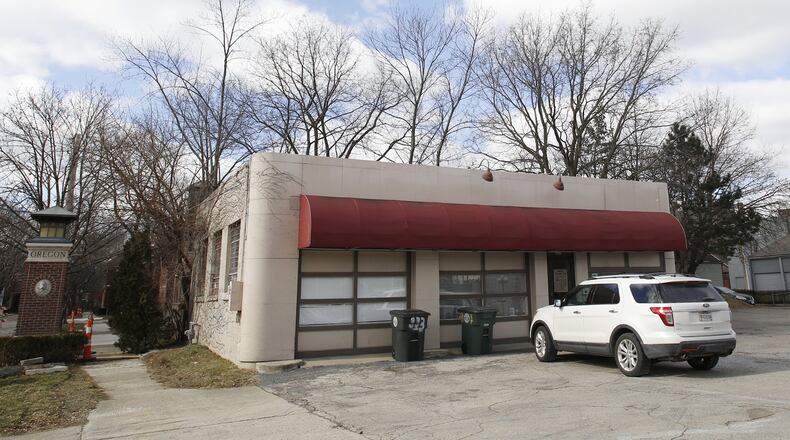Montgomery County will get up to three dispensaries under state rules. Other cities in the county where companies hope to set up shop are Riverside, Clayton and Union.
MAP: Proposed medical marijuana dispensaries in region
The city of Monroe is also popular with would-be dispensaries. There are eight applications filed with addresses there. Butler, Preble and Darke counties combined can get up to two dispensaries, though no applicants applied for Darke or Preble.
Monroe Vice Mayor Dan Clark theorized that medical marijuana businesses were attracted to Monroe — the city was picked as one of the state’s grow sites — because it was less hostile than other municipalities that passed moratoriums or bans.
“If a legitimate business wants to come to Monroe and set up shop, that’s good for our town,” he said, stressing he only speaks for himself. “I think it’s medicine, and if people need it, that’s good for the community.”
Clark, Champaign and Union counties together will get two dispensaries. Nine applications had addresses listed across Springfield, along with one in Enon and one in Urbana.
The state in November issued a license for a large-scale grower to build a facility in Mad River Twp. outside of Springfield.
RELATED: Springfield, Yellow Springs to get large marijuana growing operations
Greene, Madison and Fayette counties combined will get one dispensary. There are five applications in Greene County, including three in Beavercreek. One location is in Yellow Springs, which also is receiving a growing site. There are three applications in Madison County and none in Fayette.
Warren, Clinton and Clermont counties together will also get one. Five businesses hope to set up shop in Lebanon, which considered passing a moratorium on marijuana businesses but the legislation was dropped in July.
RELATED: Lebanon to vote on marijuana issue this week
For a map of locations and a complete list from the state, go to the myDaytonDailyNews website.
Not everyone is happy about the possibility of having a dispensary in their neighborhood.
Kevin Sabet, with the anti-marijuana legalization group Smart Approaches to Marijuana, said people who live near dispensaries in other states complain of the smell and crime.
“I think residents really need to be ready for what might come and what their community might start to look like if there’s pot shops there,” he said.
But Thomas Rosenberger, executive director of the National Cannabis Industry Association of Ohio, said such concerns are over-blown; he said dispensaries are such secure facilities they can actually reduce neighborhood crime.
“(They bring) more jobs, more tax revenue that can be reinvested back in the roads, and the schools and the park system to help the community and reinvest back into it,” Rosenberger said.
The Ohio Board of Pharmacy has to go through the 376 applications statewide and issue licenses in time for the state’s medical marijuana program to meet its statutory deadline to start operating by Sept. 8.
About the Author

